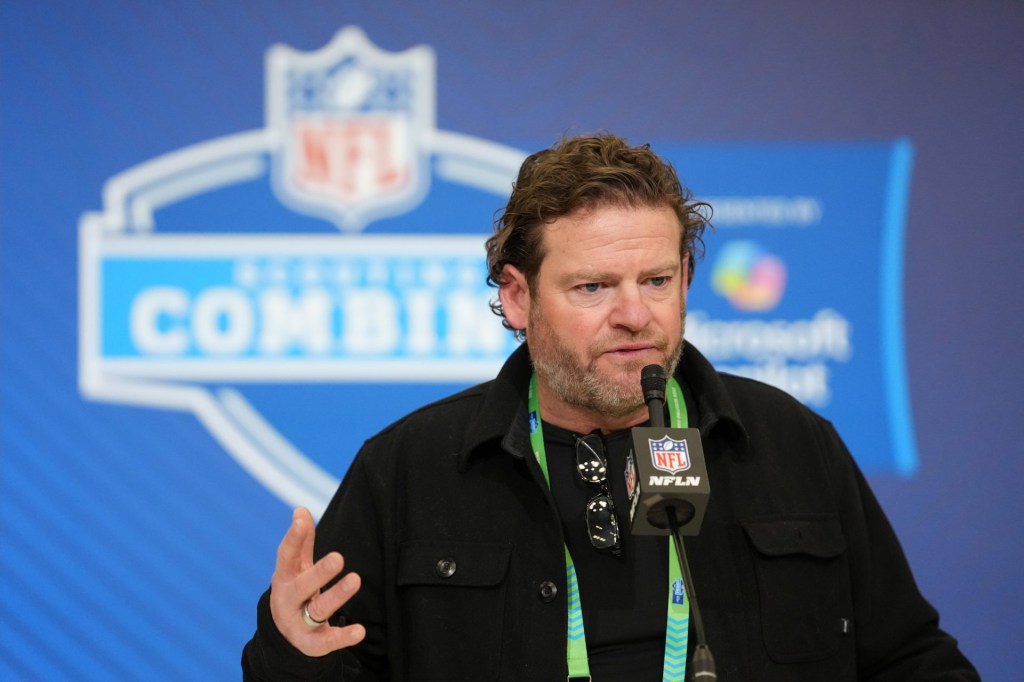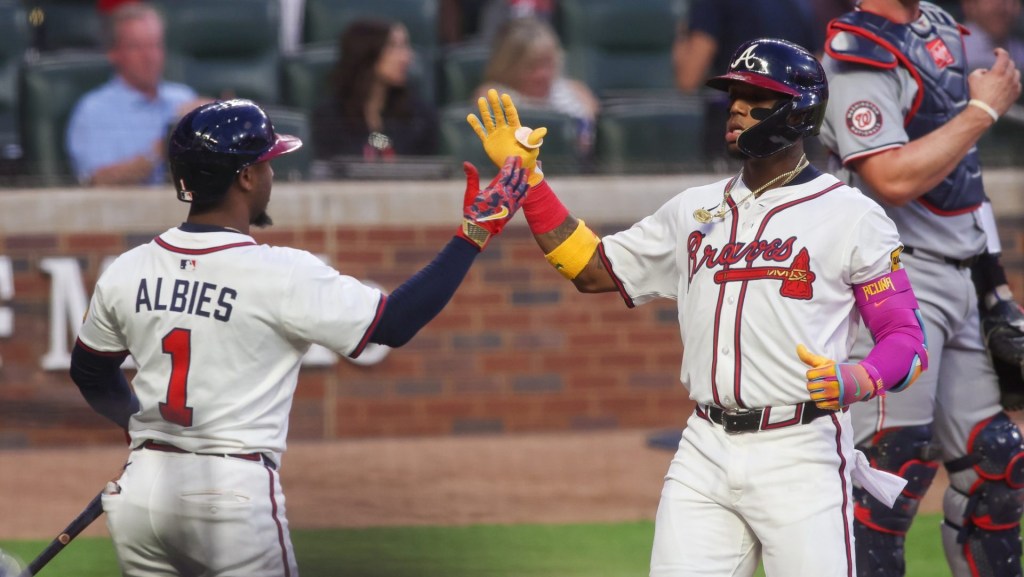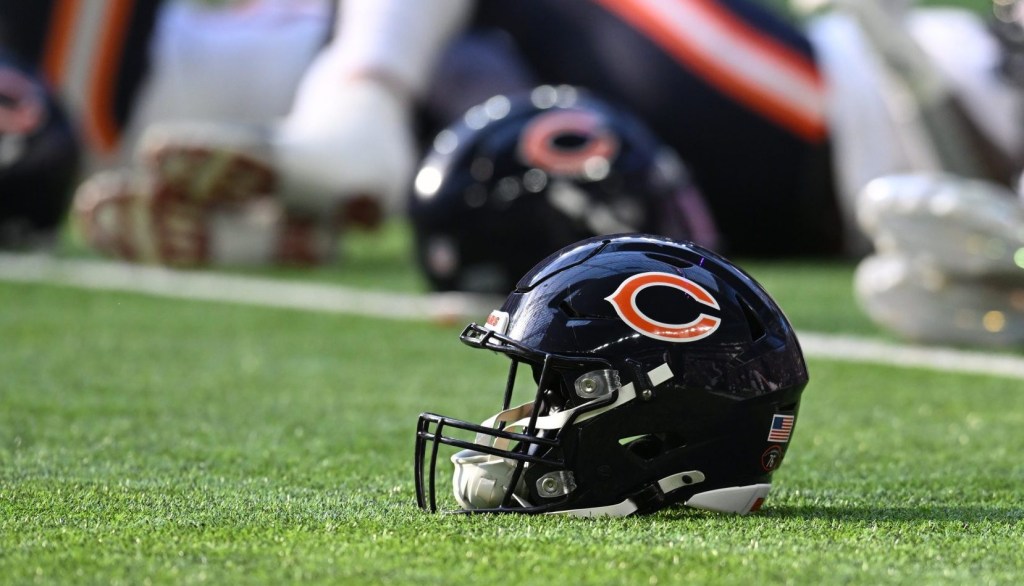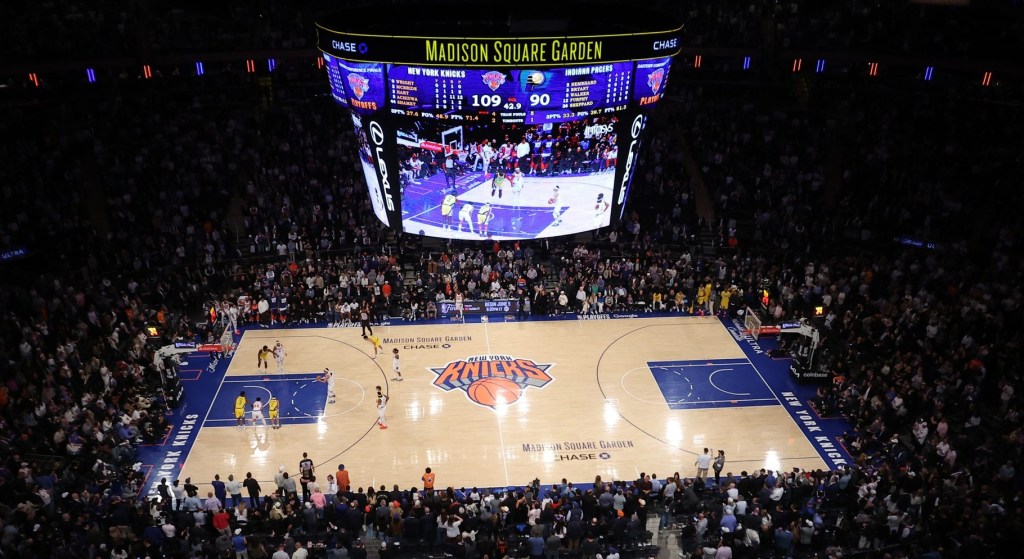The Arizona Coyotes needed a savior after more than two decades of distress. Instead, they got Alex Meruelo.
The owner of the now defunct franchise came to Phoenix to cement a future for professional hockey in the desert, but the era has ended in calamity as the billionaire businessman walked away in June. As more details surface from former employees, Meruelo (above) has sealed a legacy of an almost unfathomable level of dysfunction and mismanagement. The saga has thrust him into the ranks of worst owners in professional sports history. And his son also quietly played his own part, making the organization’s downfall a family affair.
Meruelo, who purchased the team for $300 million in 2019, is a billionaire—but he managed the Coyotes like he was the head of a private equity firm with a distressed asset. Financial obligations were left unaddressed as he tried to renegotiate commitments including paying the team’s travel costs and reimbursing area vendors, a team that already ranked in the bottom-third in player salary commitments sank further, and his gruff nature irked local political leaders and fellow NHL owners alike.
“He wasn’t paying bills,” says one former team employee who spoke to Front Office Sports on condition of anonymity. “He can deny it all he wants, but that stuff is true. His reputation was horrible. No one wanted to work with him. He didn’t treat employees very well and he was just a cheap ass. That was the reality of the situation.”
After years of strife under six prior primary owners, the Coyotes required a hands-on approach to reassure fans and area politicians that Meruelo had a vision (and the money) to stabilize the franchise. But multiple former employees describe Meruelo as an absentee owner.
The most active and vocal presence, instead, came from another member of the organization.
Alex Meruelo Jr., who graduated from USC weeks before his father purchased the team, was quickly promoted through the ranks of the Coyotes organization. Within a couple of years, he would soon have a say on business across several arms of the franchise, including player personnel decisions. According to former employees who spoke to FOS, Meruelo Jr. had a larger role in the team’s day-to-day operations than he did.
Although the sources say some staffers held their ground against Meruelo Jr., including general manager Bill Armstrong, many others found themselves overruled. Desperate employees went to the top to appeal for intervention.
“Numerous people told his dad how bad his son was, but [Meruelo Sr.] had blind faith, blind trust, or blind love for his son,” one former employee says. “He responded by saying that it was his [Meruelo Jr.’s] team and [his son] was the reason he bought the team. All Jr. cared about was lifestyle and fashion.”
The organization was already in chaos following its eviction from Glendale’s Gila River Arena and subsequent move to Arizona State’s 5,000-seat hockey arena before the 2022–23 season. But Meruelo Jr.’s focus wasn’t on addressing the public blowback or ensuing logistical nightmares. During one Coyotes home game, Meruelo Jr. yanked about a half dozen team employees—including members of the social media team—away from their duties to instead field-trip to an area mall to show off new apparel from designer Rhuigi Villaseñor, according to two former employees.
Coyotes CEO and president Xavier Gutierrez, who had previously worked for the Meruelo Group—a business consulting firm, whose services span construction, gaming, and private equity—became the public face of the team when he was hired in June 2020. Behind closed doors, he also served as a mentor to Meruelo Jr. during the first several months of his tenure. But the relationship flipped as time went on: Multiple former employees tell FOS that for the last several months of the franchise’s existence, Meruelo Jr. had more power than Gutierrez within the organization.
“He was involved in everything, all the decision-making,” a former employee says. “Xavier was powerless. He couldn’t push back or influence him in any way. I feel for Xavier.”
With Meruelo Jr.’s growing influence, the power shift became too much for some members of the Coyotes organization.
Gutierrez himself faded into the background as rumors swirled around the team’s sale and relocation to Salt Lake City, which became official in April. And there was a reason for that: Gutierrez stepped away from his day-to-day involvement with the team, according to a source with knowledge of the situation. Gutierrez declined to comment on his status when reached by FOS, although he lists ImpactX Sports Group—which he founded in April—along with the Coyotes as two companies he currently works for, according to his LinkedIn profile.
Minus Gutierrez, Alex Meruelo Jr. was left to inform the remaining dozen or so Coyotes employees on Monday that his father was abandoning efforts to revive the team. The move came days after the Arizona State Land Department canceled an auction for 110 acres of prime real estate in north Phoenix—the crucial part of the Meruelos’ effort to restart the franchise as an expansion team.
The Phoenix NHL market is now totally open to another ownership group to start over. After Meruelo abandoned his push, the NHL’s Board of Governors voted to terminate his exclusivity rights at a meeting earlier this week, a source with knowledge of the meeting tells FOS.
For the NHL to work in the desert, it will need two things the team hasn’t had for decades: stable ownership with allies within the community as well as an easily accessible arena. NHL commissioner Gary Bettman and the other team owners remain hopeful they’ll find stability and are keen on returning Phoenix to the league’s fold.
If for no other reason, there is still a financial opportunity in Arizona.
“Bettman contorted himself into a pretzel to keep the team in Phoenix because of the size of the TV market,” says Helene Elliott, a former longtime Los Angeles Times columnist and the first female journalist to win the Hockey Hall of Fame’s Ferguson Memorial Award for her decades covering the NHL. “Bettman’s job is to make money for his owners and those owners are going to make more money, theoretically, with a TV contract that includes Phoenix as the 11th-largest U.S. market than Quebec City.”
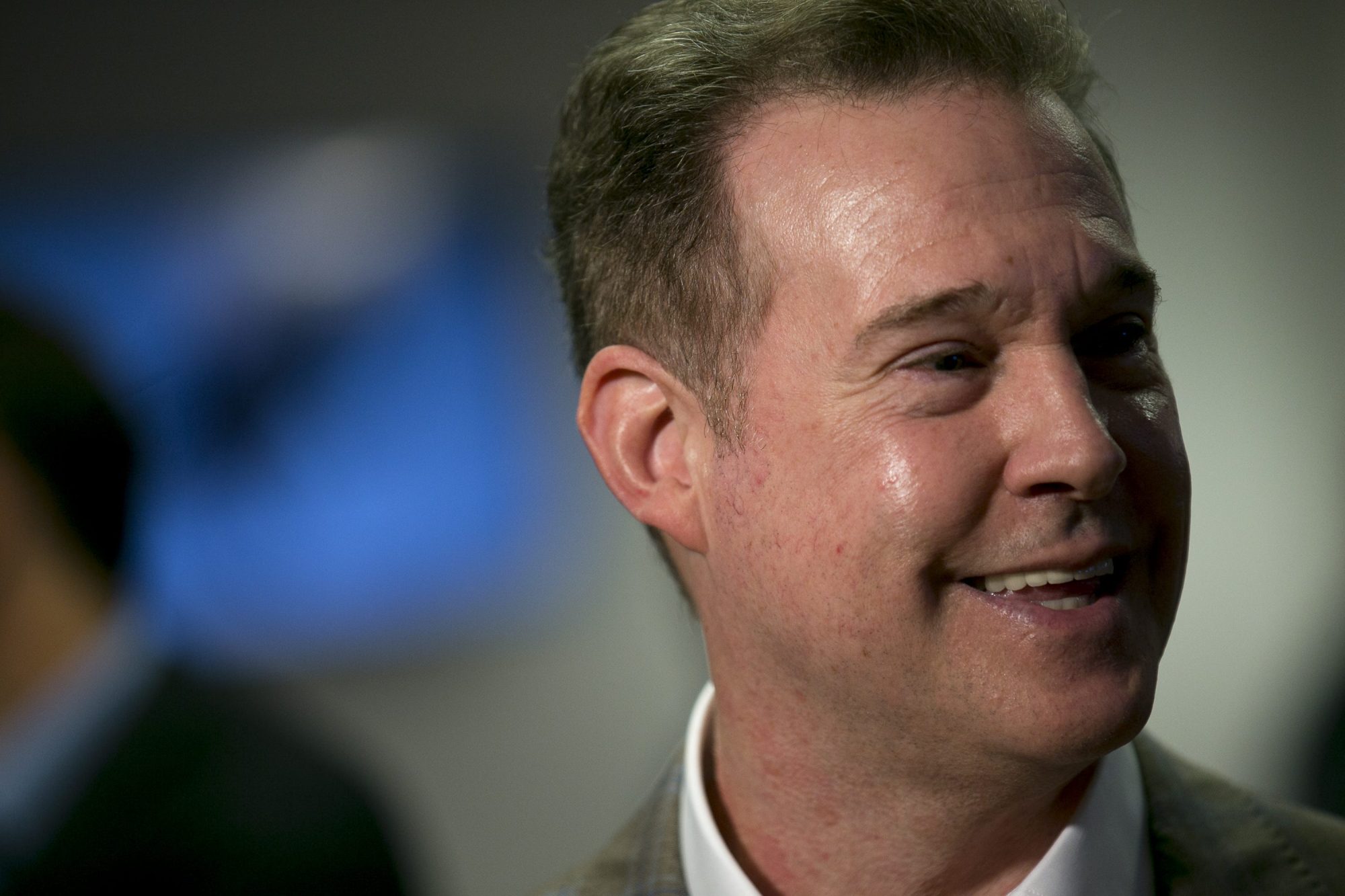
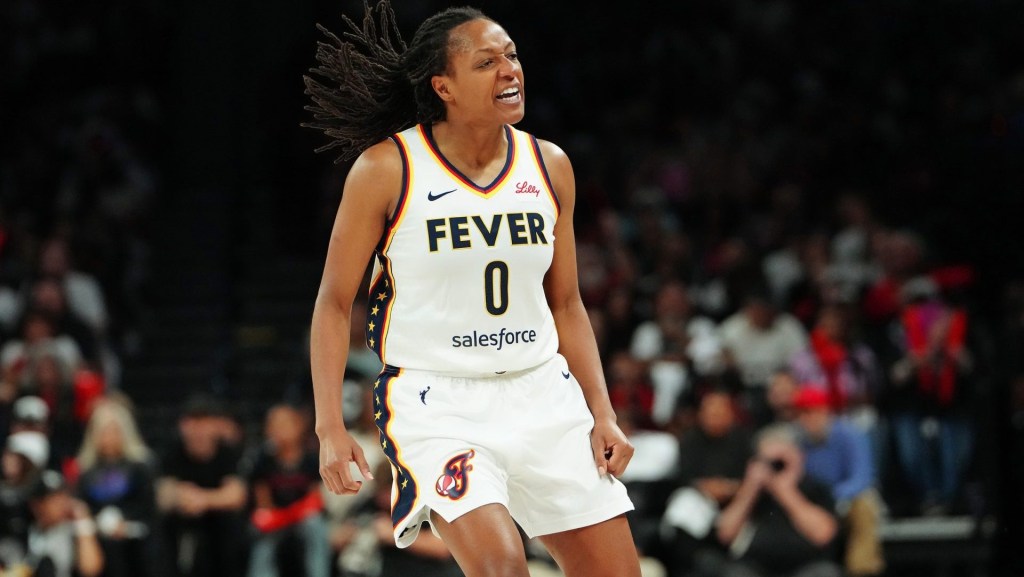
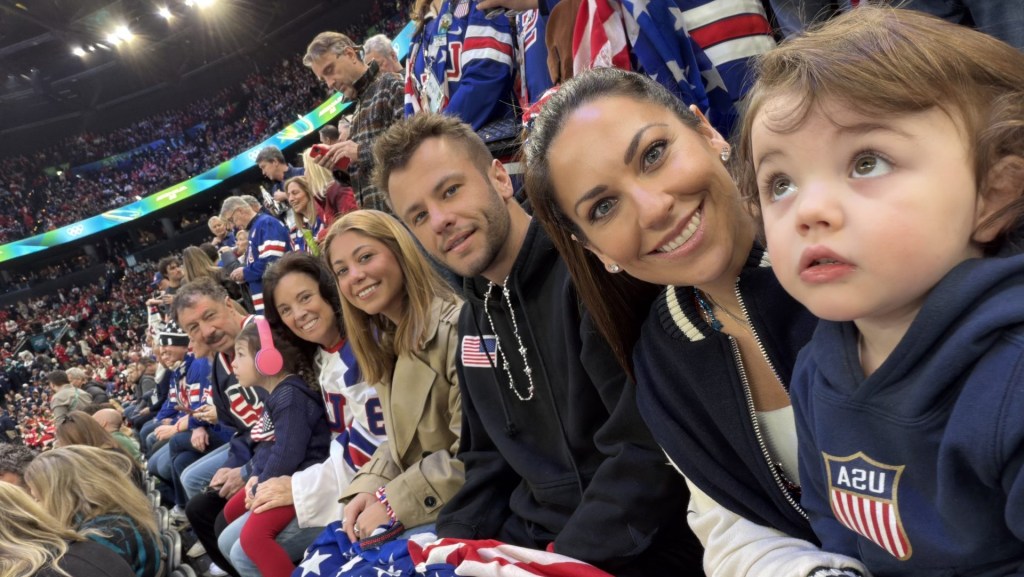

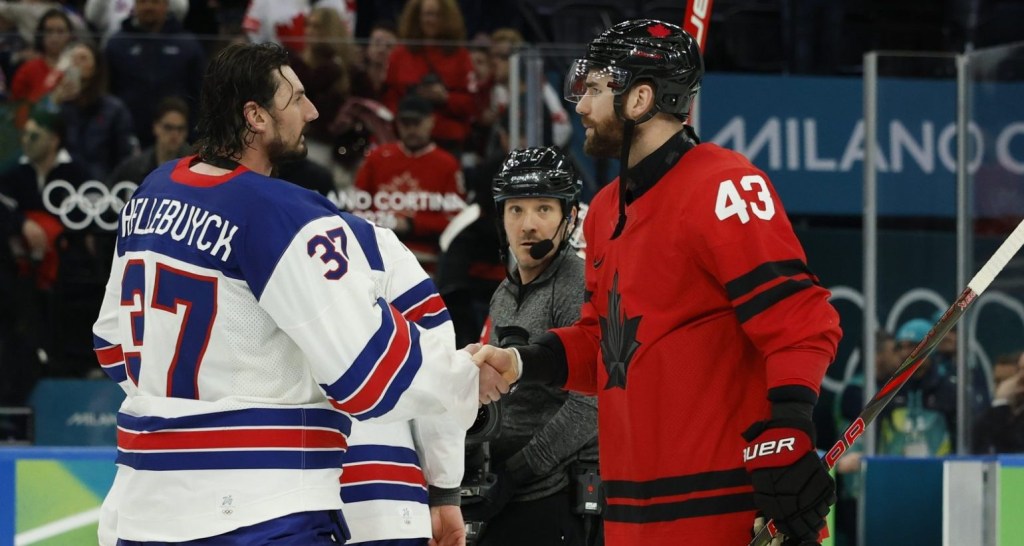
![[Subscription Customers Only] Jul 13, 2025; East Rutherford, New Jersey, USA; Chelsea FC midfielder Cole Palmer (10) celebrates winning the final of the 2025 FIFA Club World Cup at MetLife Stadium](https://frontofficesports.com/wp-content/uploads/2026/02/USATSI_26636703-scaled-e1770932227605.jpg?quality=100&w=1024)



